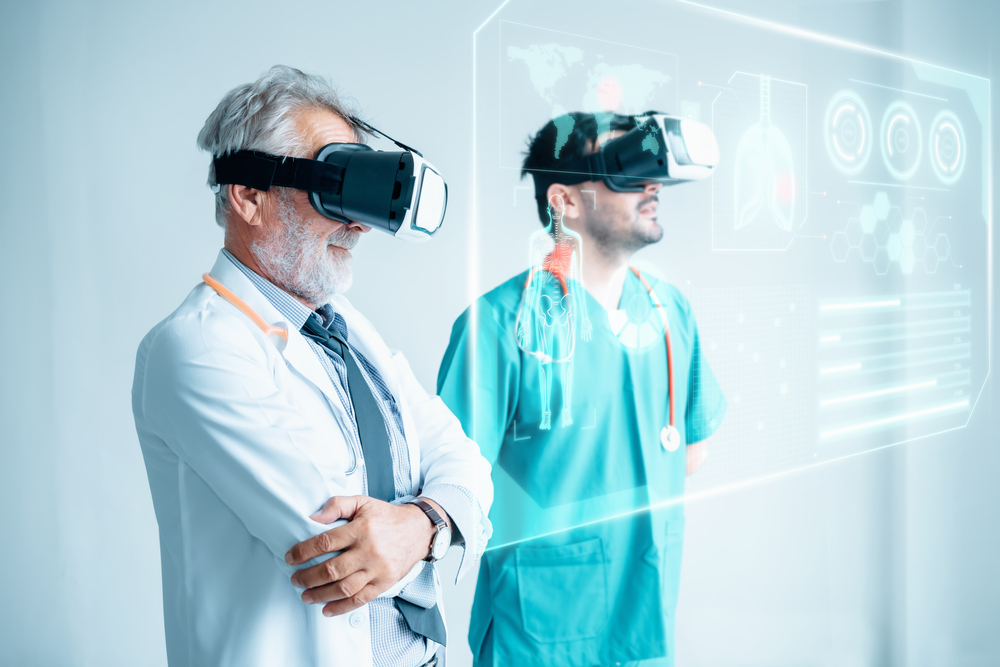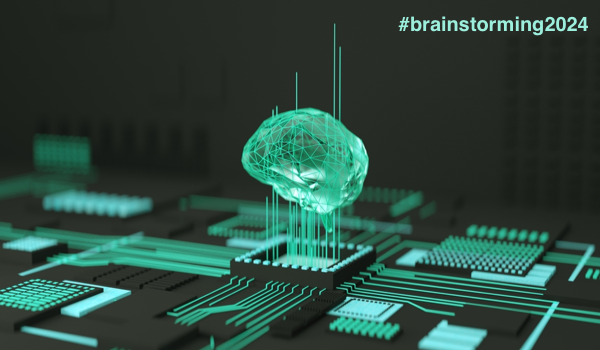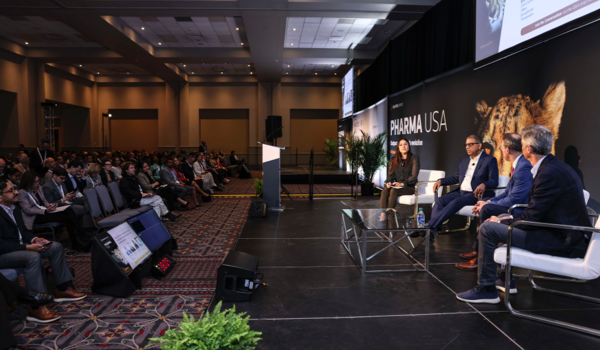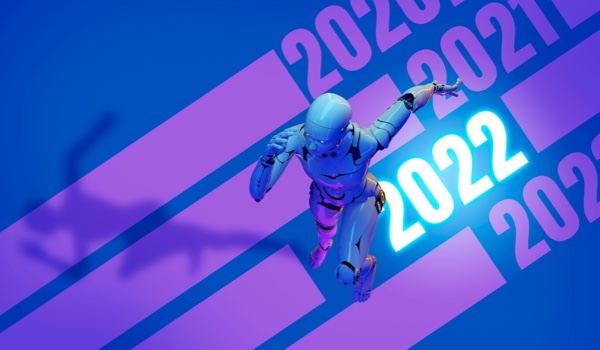


MUMBAI - Artificial intelligence (AI) and its recent developments have constantly hit headlines and filled newspaper and magazine columns over the past decade because of their promise to deliver a completely cognizant machine.1Most of these stories have been dedicated to the healthcare sector2 but, despite the increased productivity and efficiency that allows healthcare systems to provide better care to more people, dissenting voices still claim AI is a fad. Yet, the will to integrate AI applications within healthcare is nothing short of amazing.3
Machine learning (ML) is capable of analyzing skin cancer as proficiently as dermatologists, according to an article in the journal Nature in 2017.4 A year later, a study claimed AI was performing better than dermatologists.5 Likewise, the US Food and Drug Administration (FDA) approved the first AI gadget to analyze diabetic retinopathy without a doctor's assistance in April 2018.6 Yet for all its progress, and as more and more AI components integrate into different applications, concerns regarding its risks mount, most strikingly on issues of security.7 AI applications regularly require huge amounts of personal information and the perception that machines will one day take over from humans is causing misconceptions. They weren’t helped in 2017 when English theoretical physicist, cosmologist and author Stephen Hawking cautioned that AI could be the worst thing to ever happen to civilization.8
Negativity, questions, and misguided judgments continue to pile up as the healthcare sector continues to probe the utilization of AI. These questions and misinterpretations are of specific significance in healthcare since it will be one of the emerging sectors to leverage the power of this technology.9
With so much happening in the field of technology, a lot of hype
The content herein is subject to copyright by The Yuan. All rights reserved. The content of the services is owned or licensed to The Yuan. Such content from The Yuan may be shared and reprinted but must clearly identify The Yuan as its original source. Content from a third-party copyright holder identified in the copyright notice contained in such third party’s content appearing in The Yuan must likewise be clearly labeled as such. Continue with Linkedin
Continue with Linkedin
 Continue with Google
Continue with Google







 2505 views
2505 views










